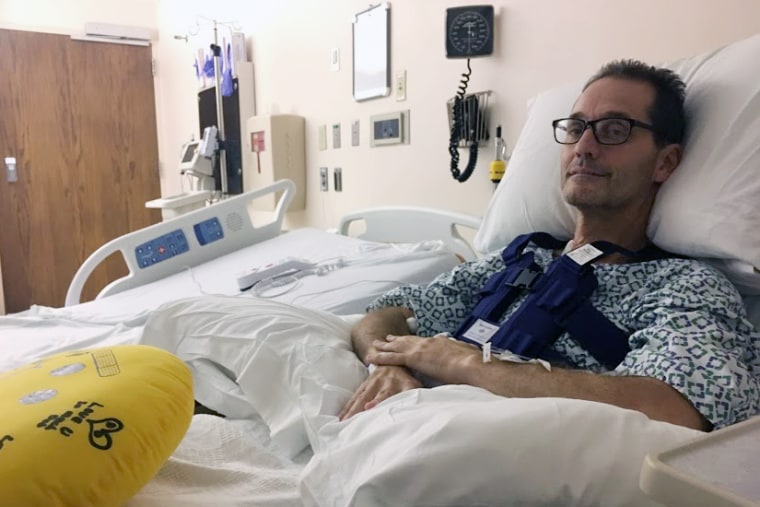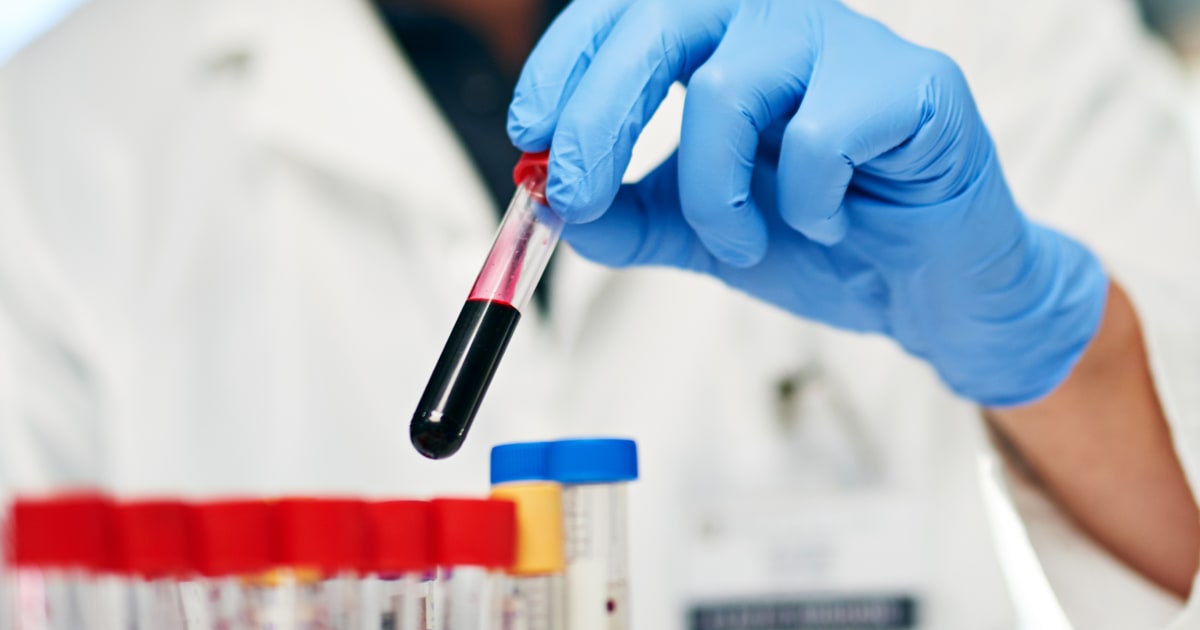A single dose of an experimental drug dramatically reduced levels of a deadly form of cholesterol, often thought to be untreatable, for up to one year.
Lipoprotein(a) is a type of cholesterol that lurks in the body, undetected by routine tests and undeterred by existing drugs, diet or exercise.
The findings, cardiologists say, are a critical step toward treating the millions of Americans genetically predisposed to abnormally high levels of lipoprotein(a), or Lp(a).
“It’s remarkable,” said Dr. Eric Brandt, director of preventive cardiology at the University of Michigan Health Frankel Cardiovascular Center in Ann Arbor, who wasn’t involved with the new research. “These drugs have the potential to nearly eliminate that lipoprotein.”
People with high levels of Lp(a) — some 64 million adults in the U.S. — are at extremely high risk of cholesterol buildup in their arteries. That buildup raises their odds of heart attack, stroke and early death from cardiovascular problems.
Findings from an earlier trial of the Eli Lilly drug, called lepodisiran, showed the drug was safe.
The latest study, a Phase 2 clinical trial funded by Lilly, included 320 people. One injection, researchers found, cut Lp(a) levels by 93.9% after six months. After a year, the effects waned, but only slightly, with levels measured at 88.5% lower than the baseline. People in the trial who got a second dose at six months had a 94.8% reduction at the one-year mark.
“This is a major source of cardiovascular morbidity and mortality,” said Dr. Steven Nissen, chief academic officer of the Heart, Vascular & Thoracic Institute at the Cleveland Clinic and lead researcher of the lepodisiran trial. “We have never been able to treat lipoprotein(a) until now,” he said.
Lepodisiran works by targeting the mRNA, or messenger RNA, that tells the body to make Lp(a). Messenger RNA carries instructions to proteins in the body to produce certain substances, in this case, Lp(a). The drug works by essentially shooting the messenger.
Nissen’s findings were presented Sunday at the annual meeting of the American College of Cardiology in Chicago and published in The New England Journal of Medicine.
A triple threat
Lipoprotein(a) is dangerous in three ways: It sticks to LDL (the “bad” cholesterol), making it more likely to clog arteries; it’s particularly good at causing inflammation; and it tends to lead to blood clots.

Routine blood cholesterol tests could look for Lp(a) but do not — largely because there’s never been an effective treatment for it.
A diagnosis of high Lp(a) was a shock to Donald Kosec, 61, of Stow, Ohio. Kosec said he never had any of the typical risk factors for heart disease: He exercised regularly, kept a healthy weight, and checkups with the doctor showed normal cholesterol and blood pressure levels.
Eight years ago, when he was 53, Kosec went to his doctor after feeling a little short of breath. It was only then that he learned all of the major arteries pumping blood to and from his heart were blocked. Elevated Lp(a) was the culprit.
Within three weeks, he was having quintuple bypass surgery.
“Going from not having the care in the world to all of a sudden facing your own death, your own mortality,” Kosec said. “It caught me off guard, big time.”

He entered a clinical trial for a treatment similar to lepodisiran, from drugmaker Amgen. Early results showed that drug, called olpasiran, drove down Lp(a) by at least 95% within nine months.
It turns out, however, that Kosec got the placebo in the trial — not the real deal. He doesn’t know whether his Lp(a) remains elevated. Without further treatment, it likely is.
All he can do now is wait for one of these promising Lp(a) therapies to become available.
“Right now, I’m watching my weight, exercising and doing all of that stuff, and so far so good,” Kosec said. “I’ll be much happier when I can get on a drug that actually improves that.”








